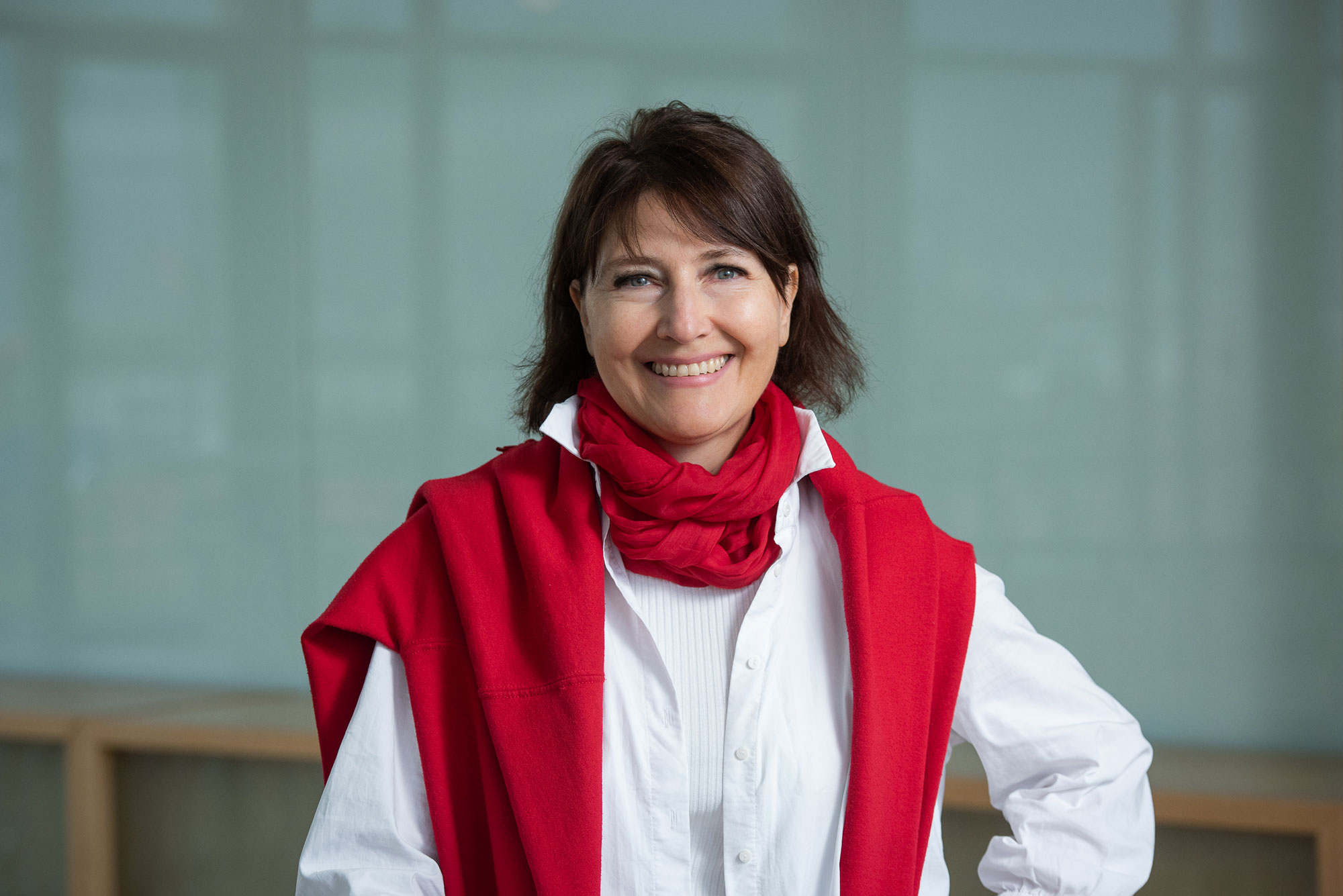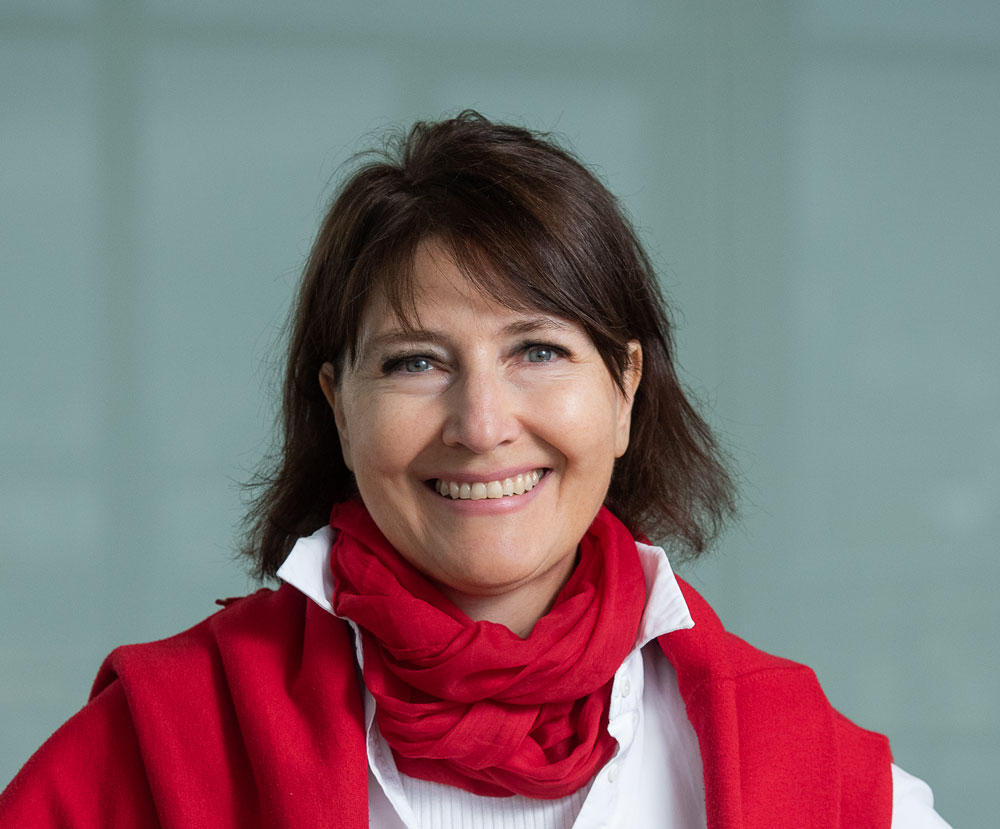Study on Multilingualism and Democracy
Freiburg, 30/10/2024
The Freiburg linguist Prof. Dr. Katharina Brizić is starting a case study on ‘Migration, Belonging, and Cohesion in Multilingual Berlin’. The focus is on children and youths. The study is part of a large-scale project funded by the EU.

Katharina Brizić, professor for multilingualism research at the University of Freiburg Department of German. Bild: Klaus Polkowski / University of Freiburg
What role does the multilingualism of immigrants play for mutual belonging, social cohesion, and thus also for democracy in Germany? Where and how do multilingual children and youths have their say in everyday life, where and how are their voices heard and taken up – or not? These are questions the linguist Prof. Dr. Katharina Brizić, professor for multilingualism research at the University of Freiburg Department of German, will be investigating in her case study ‘Migration, Belonging, and Cohesion in Multilingual Berlin’. The project is receiving funding from the European Union, begins in January 2025, and will run for three years.
Language, migration, participation
‘I’m looking forward to this project, because it deals with pressing questions of our times: with language and multilingualism, migration, and participation’, says Brizić. ‘What makes this all the more important is that we are currently experiencing a society that is drifting apart, a society in which migration is all too often seen as the source of all problems and which is more and more susceptible to hate and agitation.’ The case study is part of the project ‘Strategies to Strengthen the European Linguistic Capital in a Globalised World (MultiLX)’, in which nine European universities are participating and which is receiving a total of three million euros in EU funding in the ‘Horizon Europe’ programme.

‘I’m looking forward to this project, because it deals with pressing questions of our times: with language and multilingualism, migration, and participation.’
Prof. Dr. Katharina Brizić
Professor for multilingualism research at the University of Freiburg Department of German
Brizić’s case study will work with innovative linguistic methods to elucidate how a society’s fragmentation can already be counteracted in children and youths, where cohesion begins or could possibly begin, and how it develops in a multilingual, superdiverse immigration society. ‘To our knowledge, the role played by multilingualism in this context has not yet been sufficiently studied and has not yet been taken into sufficient account politically’, says Brizić.
A focus on children and youths
The study focuses on children and youths and is therefore located within the context of social work, preschool, and school education. The ambitious goal is to achieve a comprehensive empirical understanding of the concepts of fragmentation and social cohesion already at the detailed, fine-grained level of microinteraction in the everyday lives of children and youths. Special attention will be devoted to the question of precisely where and how a person’s languages play a role in making their own voice heard in society and what role educational institutions play in the process.
The partners Brizić is collaborating with on the project include the Freiburg association ‘Initiative für Mehrsprachigkeit und Interkulturelle Bildung (IMIB)’ (Initiative for Multilingualism and Intercultural Education) und Prof. Dr. Zeynep Kalkavan-Aydin, professor of German as a foreign and second language at the Freiburg University of Education. Representatives of local politics in Freiburg and Berlin shall also be involved. ‘We want to show with our project what potential lies in diversity, and we want to make our findings clear for politics as well as the general public’, says Brizić.